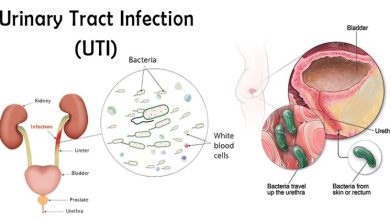How do I find out if I am intolerant to certain foods?

You may recognize it; you have just eaten and afterwards you feel bloated. This can be a characteristic of an allergy or intolerance to a certain food group. This is not unlikely, 4 out of 100 people have an allergy to a certain nutrient. There are many other symptoms that may occur. Think of diarrhea, a swollen throat, or, for example, spots on the skin. It could be that you are allergic to something. Many people walk around with these symptoms for far too long, this is really not necessary. We have listed a few tips for you if you think you are intolerant to certain foods.
The difference between an allergy and intolerance
We speak of a food allergy when symptoms occur within a short time after the consumption of certain food, this is often within 2 hours. This usually involves itching, swollen lips or red eyes. A food intolerance is not immediately noticeable after consumption, it takes a few hours to develop. You can expect to experience symptoms within a period of 8 to 24 hours.
Keep an fooddiary
First of all, it is important to know what products you have a sensitivity or intolerance to. Keeping a food diary can give you insight into what you consume and how you feel after eating certain products. You don’t have to consider calories or quantities. Instead, pay attention to what types of foods you eat and how your body reacts to them. Keep track of this for a week. After this week you should review what happened in the last week, what kind of food caused certain feelings or reactions? You may be dealing with a gluten intolerance or a lactose intolerance. If you notice bloating after eating gluten, try not to eat gluten in the second week. Again, keep a journal, and monitor how you feel after each meal. This way you can exclude a different food group each time. Keeping a food diary is intensive, but necessary to find out exactly what you are allergic to.
See a doctor
Allergic reactions can also lead to dangerous situations. When you experience a reaction as too severe, it is important to contact an emergency room immediately. This is especially important if you have trouble breathing, abdominal pain or heart problems. If the symptoms are less severe, but still persist, it is best to make an appointment with the doctor for a blood test or a skin prick test. A doctor can refer you to other specialists if you can’t work it out yourself.
https://cdn.pixabay.com/photo/2015/08/28/18/08/pasta-912239_960_720.jpg






